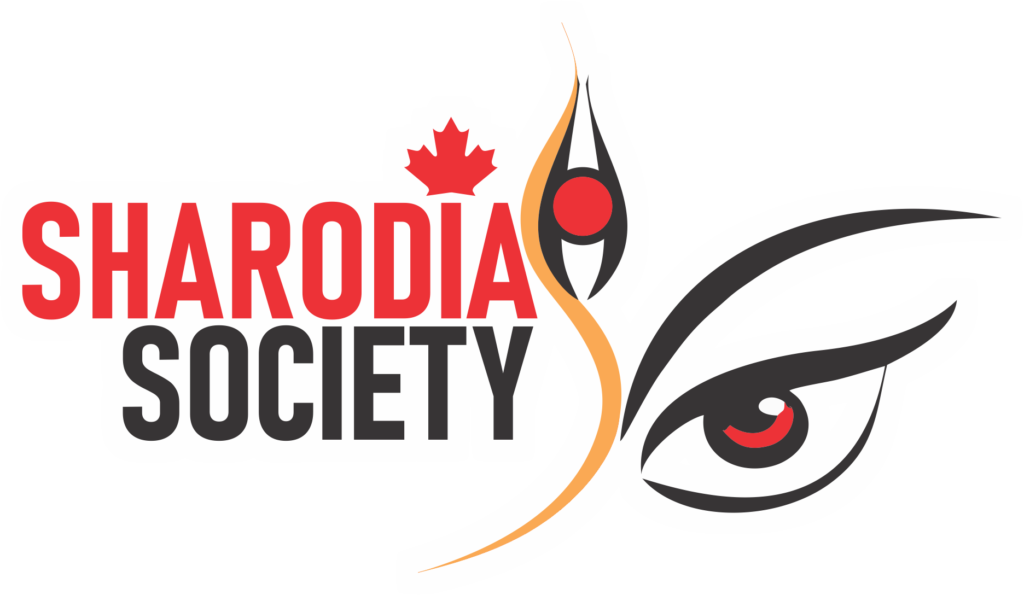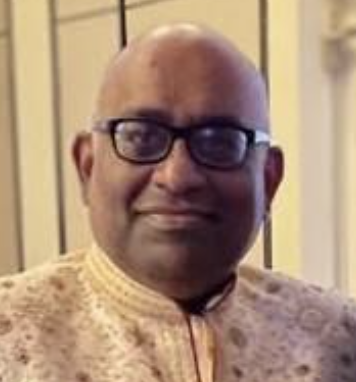A few days ago, we were watching an episode of a reality show, a singing contest on an Indian TV channel, where an elderly couple was showcased. This couple had deep military roots and they lost their only son in the Kargil War. The wife tearfully read out the letter that her son, in the prime of his youth, had addressed to her. He had given the letter to his friend, in the same combat unit, prior to the assault on the enemy that his team was planning.
With drops of sorrow emanating from her mournful eyes, she read – “If you are reading this Ma, that means that I am amongst the stars, looking down on you and Baba. Know that I am at a place of peace. I cannot imagine doing anything else in life but to serve.” Her husband, a military veteran, joined in saying – “When his end came, he was doing the thing that he enjoyed the most”.
As a father, this episode has touched me deeply. I have always wondered what service do we do for the country? What is my contribution to my motherland or my country of citizenship? The couple, above, who had the supreme sacrifice – what do they expect from their fellow citizens? Could we even contemplate their pain, their angst, their expectations? Their son ensured that the external borders of the country was not breached – could we not, in turn, ensure that the communities within flourish to their full potential?
As ordinary citizens, we are engaged in forms of economic activities that turn the wheel of progress. In this way, we earn livelihoods through which we take care of our families and ensure that we have savings for our future. But what is beyond this existential norm? How do we engage with the society at large? Are we involved in community initiatives? Do we volunteer? Do we support charitable organizations that help the less fortunate?
Service to the country could have myriad forms. Debates and questions arise everyday on the nature of the societies within a given geographical boundary. We casually, sometimes maliciously toss around phrases that are meant to show a leader, politician, or social group in a negative hue. Yes, in a democracy we have the freedom of speech, but don’t we also have the responsibility of maintaining decency and refrain from provocation? Yes, you have the right to dissent in a democracy, but do you have the right to eat at its foundations based on some external agency’s agenda?
Questions on identity, civilizational contexts, constitutional directions are talked about in various media sources. Do we take the time to talk to our children on these matters – on the rich legacies and traditions, on historical transgressions that they may not know of. Ensuring that the youth of today know of their past is also a mandatory service that every parent should engage in. We owe it to that young man who gave his today, so that we have a safe place tomorrow to pass on the knowledge of our ancestors to the generation next.

